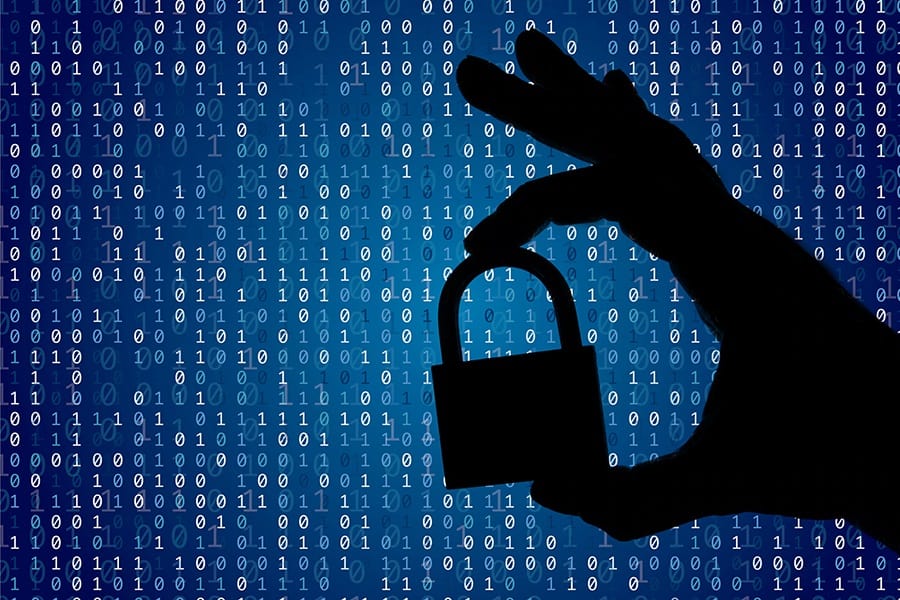
Today, all organizations, both large and small, face numerous cybersecurity threats. Data has become valuable as data breaches are on the rise across the globe. It is crucial to have strict security policies in place to prevent external threats from occurring. Your business may suffer malware or virus attacks from online hackers who want to steal customers’ private data for their financial gain. When your clients discover any data breach, your business will suffer integrity concerns, which will affect productivity. Thus, it is essential to have an efficient data protection plan that will back up your data and facilitate easy retrieval in case of any disaster. You can try implementing the ESXi backup software for effective backing up and disaster recovery at reasonable rates.
Apart from data security in organizations, you may want to protect your personal data, such as passwords, financial information, photos, and videos, away from prying eyes. Below are inexpensive ways that you can adopt to keep your data safe from unwarranted online risks.
Beware of Phishing Attacks
Online hackers are becoming more knowledgeable and device ways to trick their victims. Phishing is a subtle attack with serious repercussions that occur in the form of email links. You may find an email from a trusted source prompting you to click and find out more information. It is a malicious attack that installs malware on your computer once you click the link. Or the information on the link may request you to confirm your bank card number claiming your account is compromised.
Thus, ensure that you are vigilant by checking your inbox for suspicious emails. If you find any, do not click the link; delete the messages permanently to avoid any data breach.
Information Backup
Having a backup plan is essential in securing your data. All computer systems, whether for a large company or your personal computer, are prone to numerous attacks. Cybercriminals can target anyone as long as there is a loophole. Besides online attacks, other external problems may be due to power outages, fire, or floods. To avoid such trouble, create copies of your data and store them in a secure location with ease of access.
Secure Networks
Most users are not aware that an insecure Internet connection can lead to cyber-attacks. You may be out meeting a friend at a café, or on a commute to work, and there is free public Wi-Fi for customers. Although the Internet may be safe to use, do not access sensitive information like your bank account or company data. Online hackers can bypass security policies in public Wi-Fi connections to carry out fraudulent activities. It is advisable to use a Virtual Private Network (VPN) when accessing crucial data in public. Otherwise, it is much safer to use your home or work Internet due to the advanced encryption technology that prevents data violations.
Patch Applications
Most applications and websites have vulnerabilities that online hackers can use to carry out cyber attacks. Systems maintenance experts should regularly perform checks to root out vulnerable files and develop patches and updates to fix the error. To keep your data safe, ensure that you have a patch management system that will update all your applications.
Strong Passwords
Create strong passwords for all your personal emails, bank details, and any other critical website logins that you use to access critical data. Weak passwords are susceptible to online attacks, which may compromise your sensitive information. Also, avoid saving the passwords on your computer to prevent cybercriminals from accessing your data assets.
Bluetooth Vulnerabilities
If you leave your Bluetooth on in a public place, hackers may gain access to your device. Ensure that your Bluetooth is off when not in use. Or you can have security measures to prevent malicious applications from changing the mode of your Bluetooth.
Although no security measure is 100% efficient, it is imperative to take responsibility for your data security. Incorporate several methods of keeping your data safe, such as installing stand-alone antivirus software on your device. Ultimately, effective data protection practices will prevent cyber attacks.


